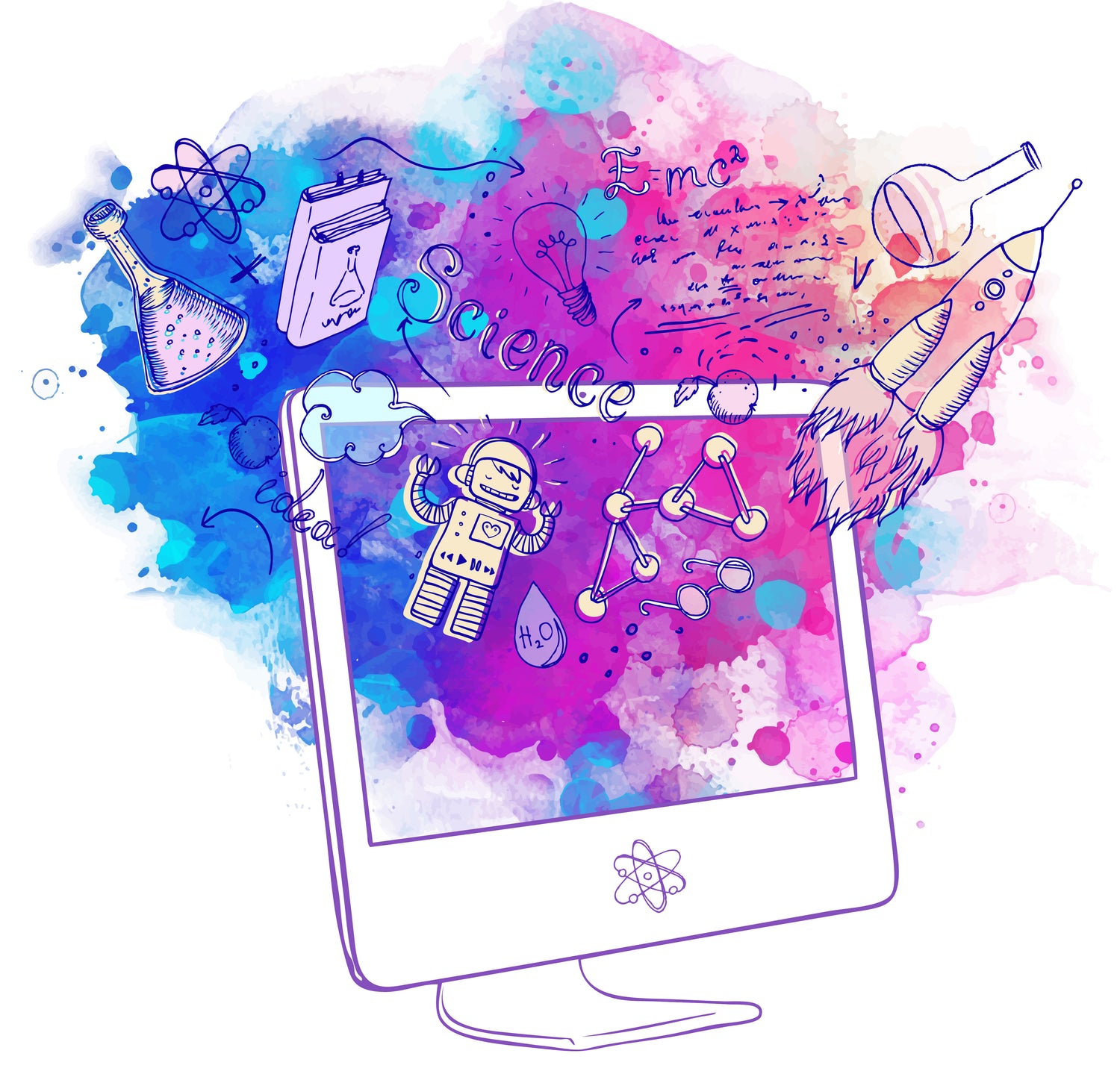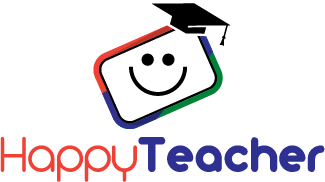
Course Description
Stress is a part of many of our lives, but too much stress can make us unproductive, frustrated, and can even have an impact on our physical and emotional lives. This comprehensive course provides an in-depth understanding of stress, and differentiating between ‘positive stress’ and ‘negative stress’. It equips you with the ability to recognize your stress triggers, analyze your stress-handling methods, and introduce practical relaxation and stress management techniques.
The course is particularly beneficial for educators, given the fundamental role they play in guiding students towards managing stress. According to the NIH and CDC, stress can detrimentally affect the physical health and academic performance of students, thereby emphasizing the importance of the educator’s role in fostering resilience and stress management skills in the classroom.
During this course, you’ll explore the scientific impact of stress on the body and learning and delve into applicable techniques to reduce your stress levels. Educators will research, analyze, practice, and evaluate a “Tool Box” rich with a diverse range of stress reduction tactics such as meditation and breathing, aromatherapy, exercise, sleep, hygge, music, art, dance, humor, gratitude, and random acts of kindness. By applying these tools and techniques, you will enhance your capability to manage stress for yourself and your students. The final project will involve self-reflection on the gained insights, showcase evidence of applied concepts, and develop a lesson plan incorporating the newly acquired knowledge for classroom or educational application.
Upon completion of this course, the participant will be able to:
- Define and understand the concept of stress, its types and its physiological, cognitive, and emotional impact on individuals.
- Analyze the specific stressors in the educational environment, with a focus on those that directly affect educators and students.
- Evaluate the impact of chronic stress on educators’ professional performance, personal life, and overall well-being.
- Identify personal stress triggers and coping mechanisms currently in place, evaluating their effectiveness.
- Develop a personalized stress management “Tool Box” utilizing evidence-based strategies like mindfulness, meditation, exercise, gratitude, diet, exercise, breathing, and other healthy lifestyle habits.
- Design lesson plans or strategies to help students manage stress, foster a more conducive learning environment, and enhance academic performance.


